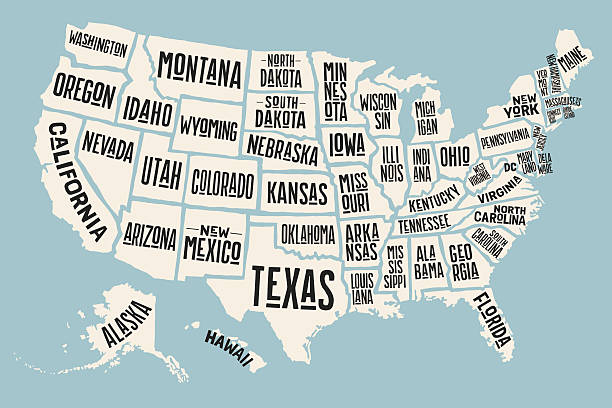On December 23, 2024, President Biden signed new legislation affecting ACA reporting, namely, the Paperwork Burden Reduction Act [PBRA]. This act eases the burden on Applicable Large Employers [ALEs] to furnish their employees with a FORM 1095-B [self-insured employers] and/or FORM 1095-C [both self-insured and fully insured employers]. These are the forms reporting on offers of minimum essential health insurance coverage to employees for the tax year just concluded.
NO UNREQUESTED 1095 DISTRIBUTION
Employers are no longer required to send a physical or digital FORM 1095-B or FORM 1095-C to employees unless they request a copy.
Please Note: The PBRA does not change the FORM 1095 distribution requirements for employers in states with individual health insurance mandates.
NOTICE OF AVAILABILITY
Employers not distributing FORMS 1095 must, however, provide a “clear, conspicuous, and accessible notice” to employees informing them that they can request a copy of their form. This form must then be sent to the employee not later than January 31, 2025 [or 30 days after the request]. “Clear, conspicuous, and accessible notice” must include a physical address, email, and telephone number where employees can make their request for a FORM 1095.
ADDITIONAL EASING OF ADMIN BURDEN
ALEs are expected to gather Social Security Numbers [SSNs] and Tax Identification Numbers [TINs] for the individual employees covered by their health plans. On December 11, 2024, Congress passed the Employer Reporting Improvement Act [ERIA]. This legislation now allows the employer to substitute the employee’s Date of Birth if these numbers are not provided by the employee when requested by the employer. Previously, the employer was required to make two more requests before being allowed to substitute a Date of Birth.
CHANGES TO IRS PENALTY PROCESS
The ERIA also changes the time granted a employer to respond to a Letter 226-J from the IRS. This is the ACA penalty letter sent out if the IRS determines that the employer is non-compliant. To date, employers had 30 days to respond to these penalty assessments with an appeal. This has now been extended to 90 days. The retroactive period for which the IRS can levy these ACA penalty assessments [statute of limitations] has also now been limited by the ERIA to 6 years.
For more information on any of the above ACA terms, processes, and regulations, you can visit ACA CENTRAL by clicking here. Whatever your ACA questions or needs, from rapid data and systems troubleshooting to your final IRS e-filing via the IRSAIR system, or any step in-between, please do not hesitate to contact BENEFITSCAPE by emailing info@benefitscape.com or calling +1-508-655-3307. We have the deep understanding of benefits, compliance, and HCM software to deliver you the best solution.

